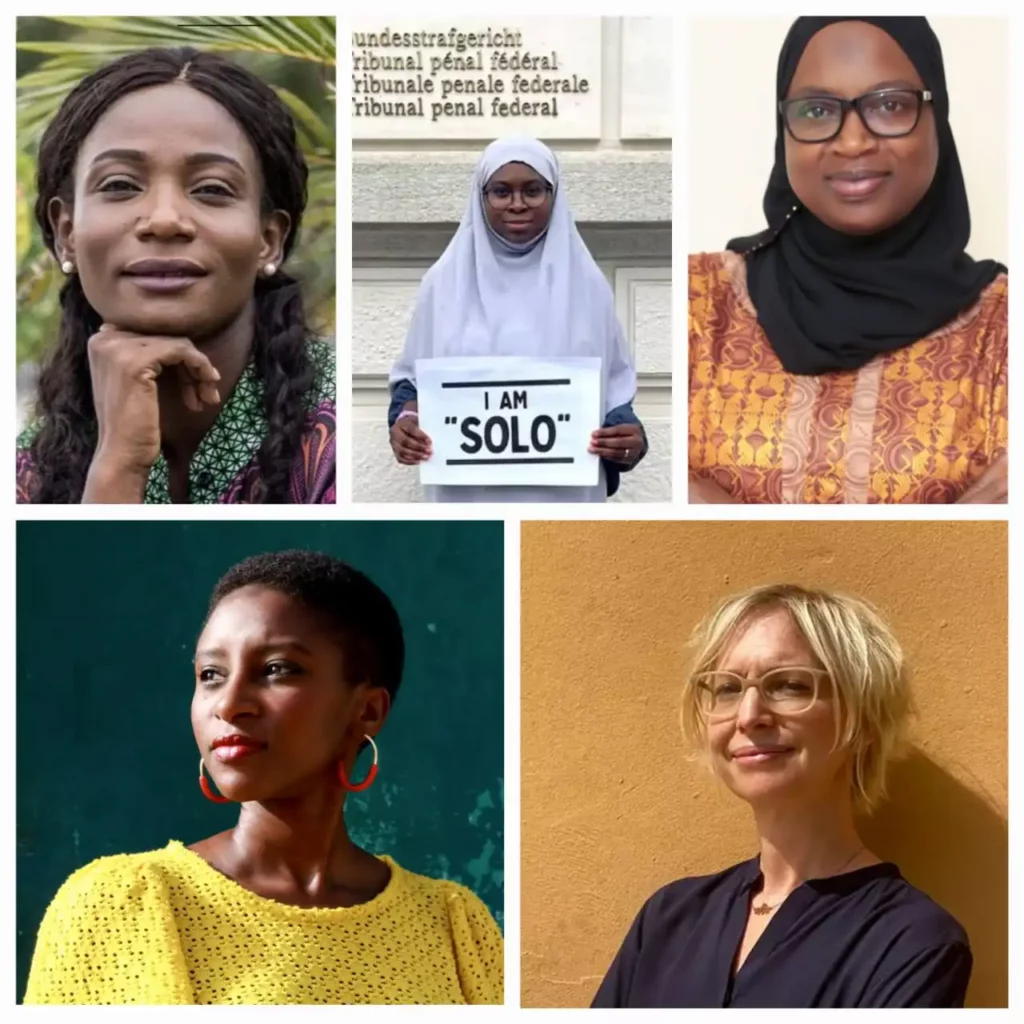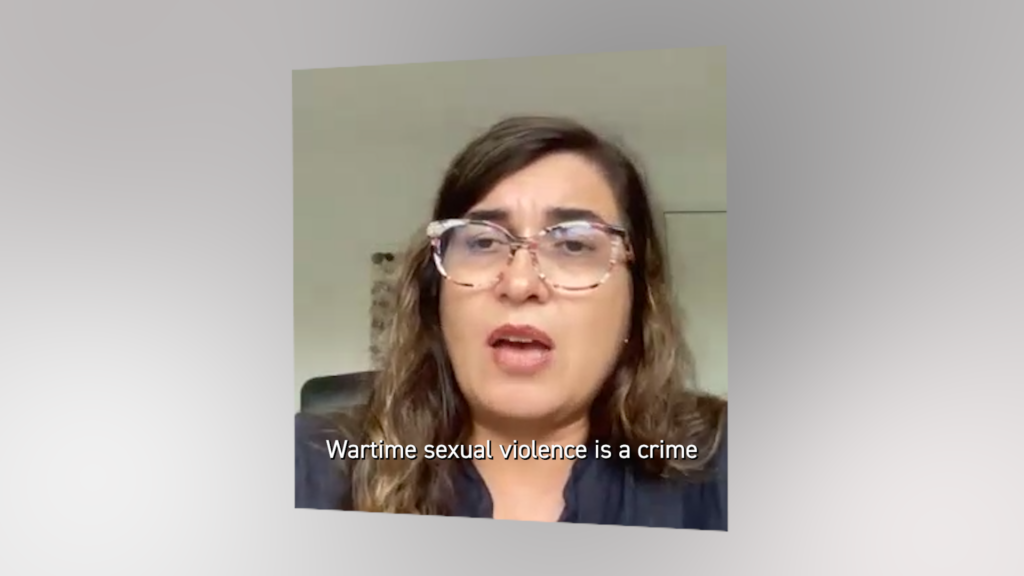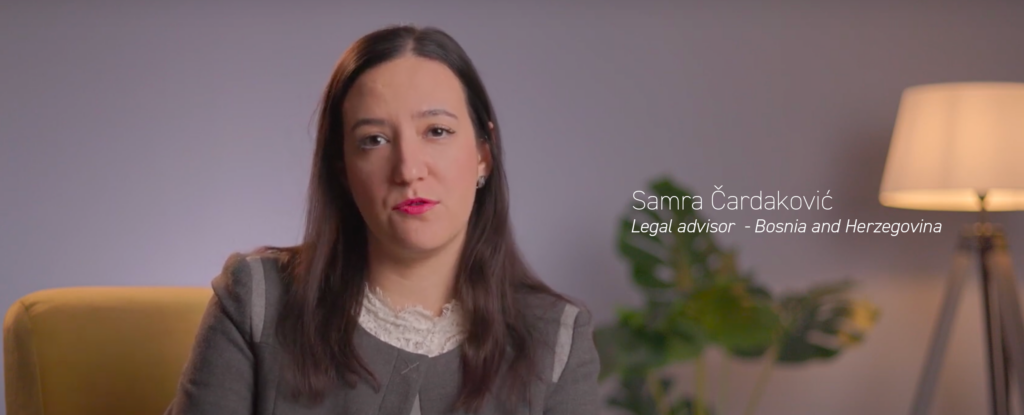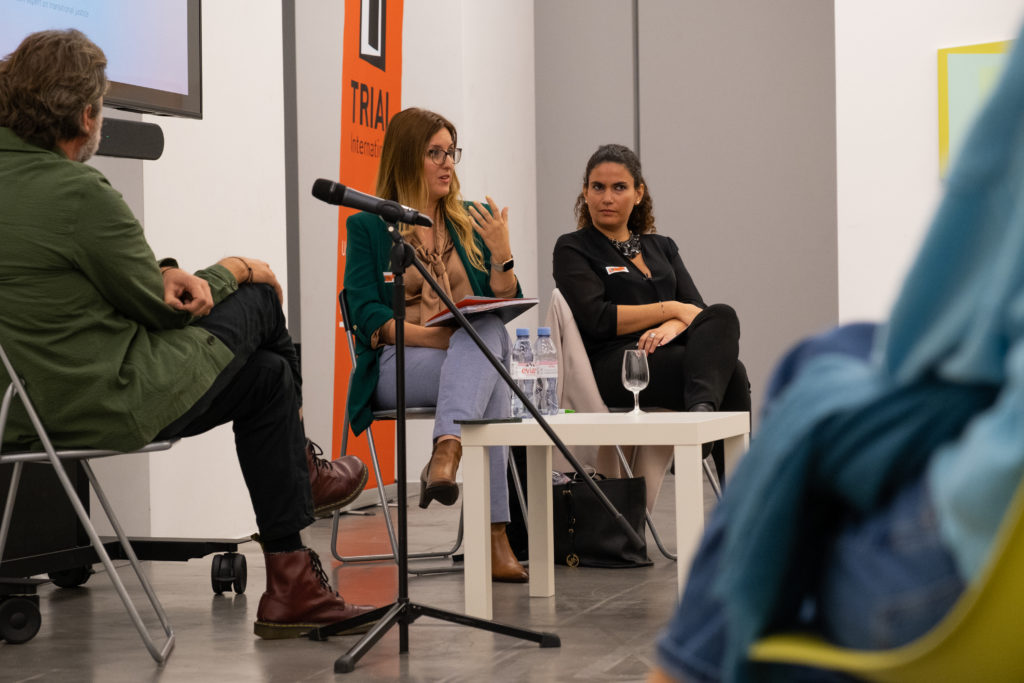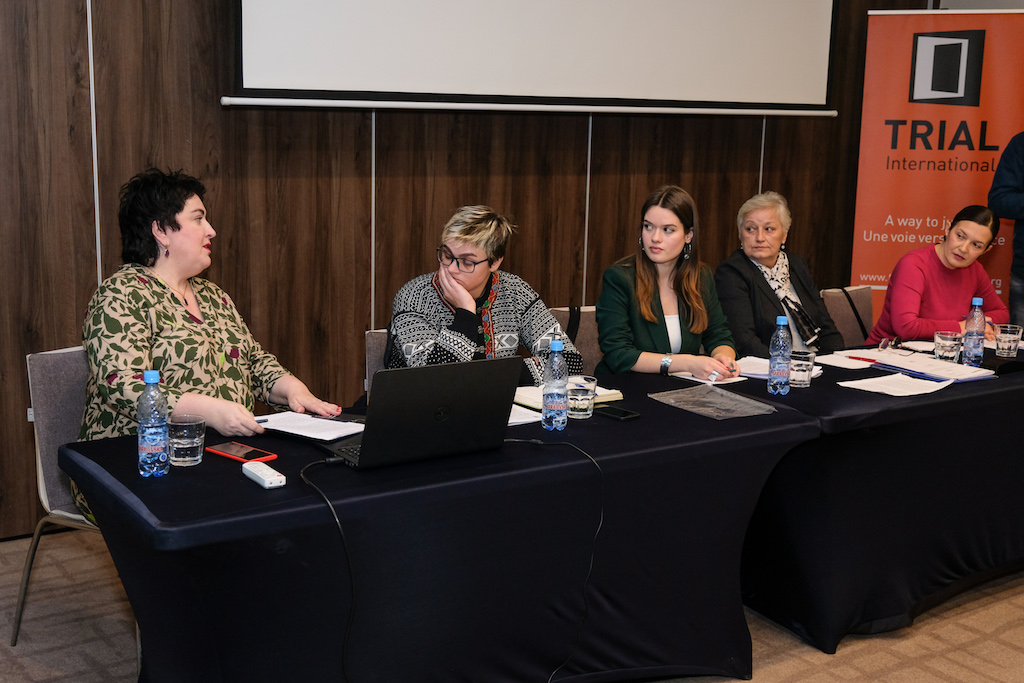Sexual violence: the hidden face of the Burundian crisis
Uta Simon recently served as gender advisor and investigator of sexual and gender-based violence on the UN Commission of Inquiry on Burundi. Among other things, she and her colleagues travelled to refugee camps to interview Burundian refugees. In an interview with TRIAL International, she reflected on her assignment and the challenges related to researching gender-based and sexual violence.
“I have investigated human rights violations for much of the past 17 years and, from December 2017 to September 2018, joined a UN Commission of Inquiry documenting violations of human rights in Burundi. As the government did not allow us into the country, we conducted remote investigation activities and missions to neighboring countries to interview Burundian refugees.
Our research also included other forms of evidence-gathering, such as expert interviews, desk research, and analysis of publicly available information. All of these forms of research can contribute to corroborating information about human rights violations, in addition to interviewing survivors and witnesses.
Interviews were conducted in refugee camps in Tanzania, Rwanda, and the Democratic Republic of the Congo, often in settings where people did not feel safe. Therefore, we took special care to establish trust and protect witnesses.
As an investigator, I have found it important to explain our mandate and methods of working. This ensures that people decide freely whether to speak with us and that they understand we cannot offer direct assistance.”
Sexual violence is often part of a bigger picture
“Many people I interviewed were affected by several violations of their human rights, including – but not limited to – sexual violence. We may not know before an interview takes place what facts a person will report and what violations we may find. It therefore often makes sense to investigate sexual violence in an integrated manner, rather than in isolation.
In the Commission of Inquiry on Burundi, all investigators were familiar with ethical standards for conducting interviews with people who have experienced sexual violence. This includes knowing how to avoid re-traumatization and looking out for clues that someone may have been subjected to sexual violence. Such clues include hesitations, gaps in the narrative, or signs of physical or emotional discomfort. Survivors often do not speak about sexual violence directly because it is painful to recall the facts and because of stigma.”
A person-centered approach
“I usually start an interview by asking the person to tell me their story. This allows a person to talk about what matters to them and decreases the risk of the investigator missing important parts of the story. Listening to and acknowledging the person’s experience is also important to build trust. I later go back to relevant parts of the story to obtain the necessary detail for the investigation.
A person will always be able to decide how we use their information. Some choose not to disclose experiences of sexual violence at all, which is why sexual violence remains systematically underreported, even where international inquiries are mandated.”
Understanding the context
“Sexual violence in Burundi is perpetrated mostly against women and girls, although we also documented cases of sexual violence against men. Yet violence against women is much broader than sexual violence only. To uncover how women are affected by a crisis requires an analysis of gender roles in the specific context.
In Burundi, for example, violations of civil and political rights resulting from the crisis (such as arbitrary detentions, extrajudicial executions or enforced disappearances) were perpetrated mainly against men. While women were seldom targeted directly, they were affected by violations targeting men because of their gender roles.
For instance, men are often the main breadwinners of the family, and women’s traditional gender roles involve reproductive and care duties. As a result, in a country where many people are poor, the survival of women and children was often threatened when the male head of household was killed, imprisoned or subjected to enforced disappearance. The Commission of Inquiry, in its second report presented in September 2018, has paid particular attention to how women are affected by the crisis because of gender-based discrimination.”


